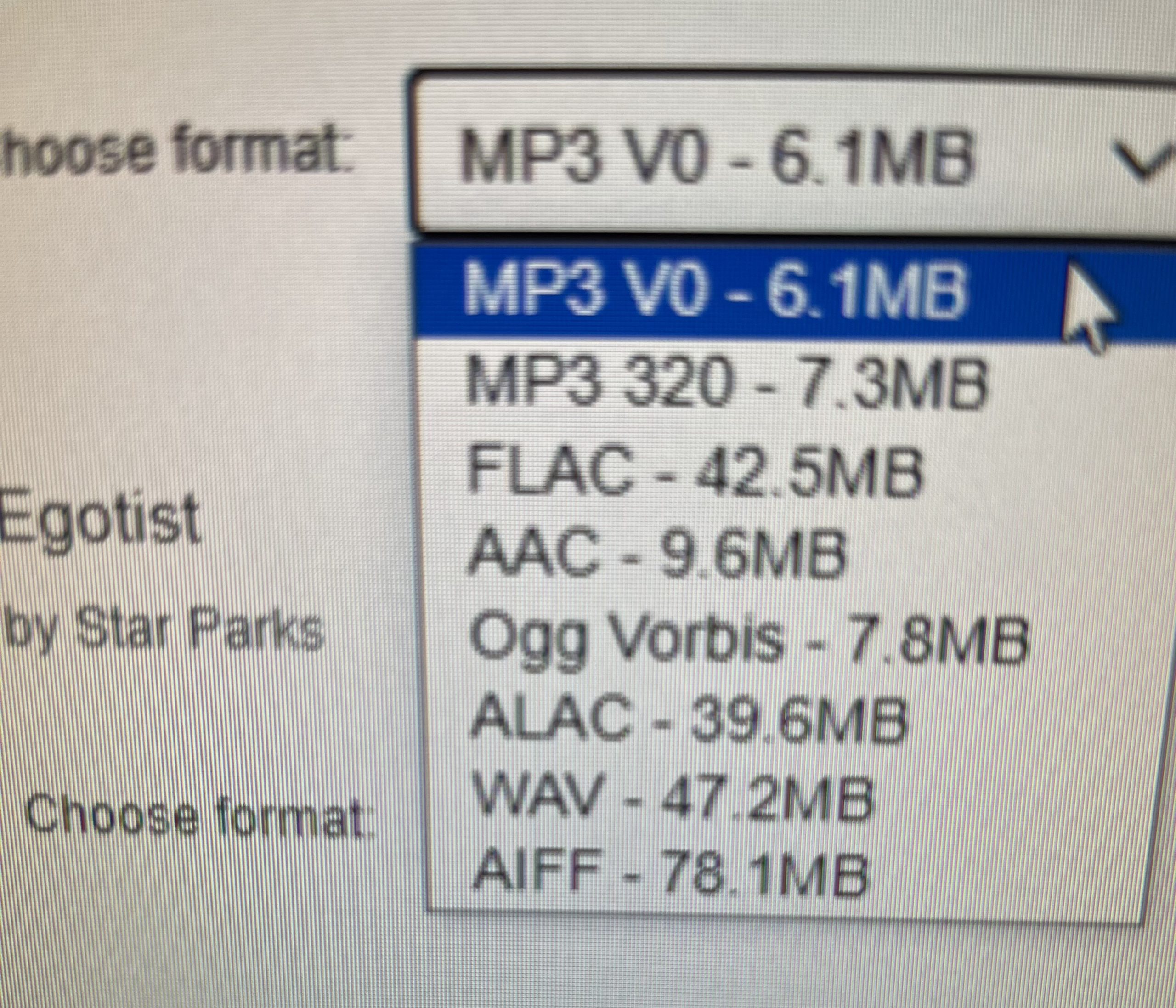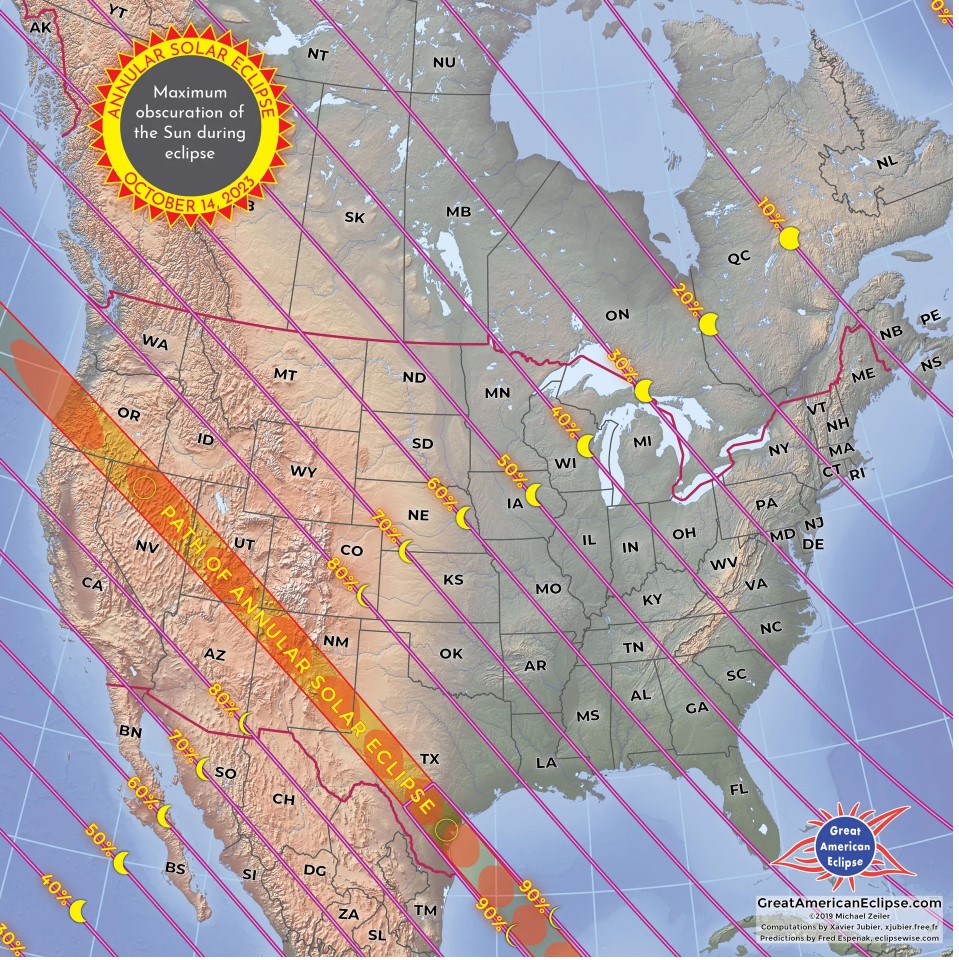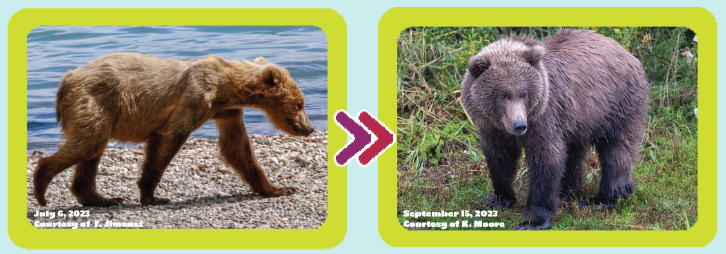
Early Cure
Before we got hit with a Goth stick.
Pod Save Us

The next step in my slouch toward senility is being a pedant with AI-based customer service. The above: me trying to interact with Xfinity as my home wi-fi goes rogue. Pretty sure it’s not a real person anymore, but a bland descendant of HAL-9000.
The phrase is “please rest assured” NOT NOT NOT
“please be rest assured.”
Old man yells at Chat-GPT server.
Rolling Jones
There’s no shortage of Brian Jones documentaries, but I haven’t seen any of them. I may catch this one.
Ogg Vorbis

While downloading a pleasant tune from the Bandcamp recently, I was offered this stunning array of options. I stayed with my mp3 because I like overly compressed crap.
Those of you who recently released albums, did you offer the FLACs and the AIFFs? Those cowbells really pop in AIFF!
Friday Fanaticism
One of the great tenors of our time.
Zombie Season
A lot going on here that I missed when I first listened.
My compliments to everyone involved.
Ring of Fire

“Ring of Fire” eclipse drops tomorrow.
Nashville – the center of the universe – only gets a 50% eclipse from about 10:30am to 1:30pm, with a peak at noon.
The full experience passes right through Roswell, so I’m pretty sure that this is the mother ship coming to get us. I’ll see you onboard.
A Hero For Us All …
… and better than we deserve.
Fat Bear Week

October 4-10 is Fat Bear Week! Your vote decides who wins. The single elimination tournament contestants will be revealed 10/02/23, on explore.org’s Brooks Live Chat Channel. Vote for your favorites.
Fat Bear Week is a subjective competition. Many factors lead to success in brown bears. Cubs and subadult (teenage) bears grow proportionally more each year than even the biggest adults. Mother bears must feed themselves and their cubs so the family can survive winter. An older bear can have difficulty finding access to its preferred fishing spots due to competition with larger and younger bears.
The bears you are watching on the cams in Katmai National Park, Alaska, are brown bears. Grizzly bears and brown bears are the same species (Ursus arctos), but grizzly bears are currently considered to be a separate subspecies (U. a. horribilis). The difference between a grizzly bear and a brown bear is fairly arbitrary. In North America, brown bears are generally considered to be those of the species that have access to coastal food resources like salmon. Grizzly bears live further inland and typically do not have access to marine-derived food resources.
Besides habitat and diet, there are physical and (arguably) temperamental differences between brown and grizzly bears. Large male brown bears in Katmai can routinely weigh over 1000 pounds (454 kg) in the fall. In contrast, grizzly bears in Yellowstone National Park weigh far less on average. There have been no documented cases of grizzly bears weighing over 900 pounds (408 kg) in Yellowstone.
